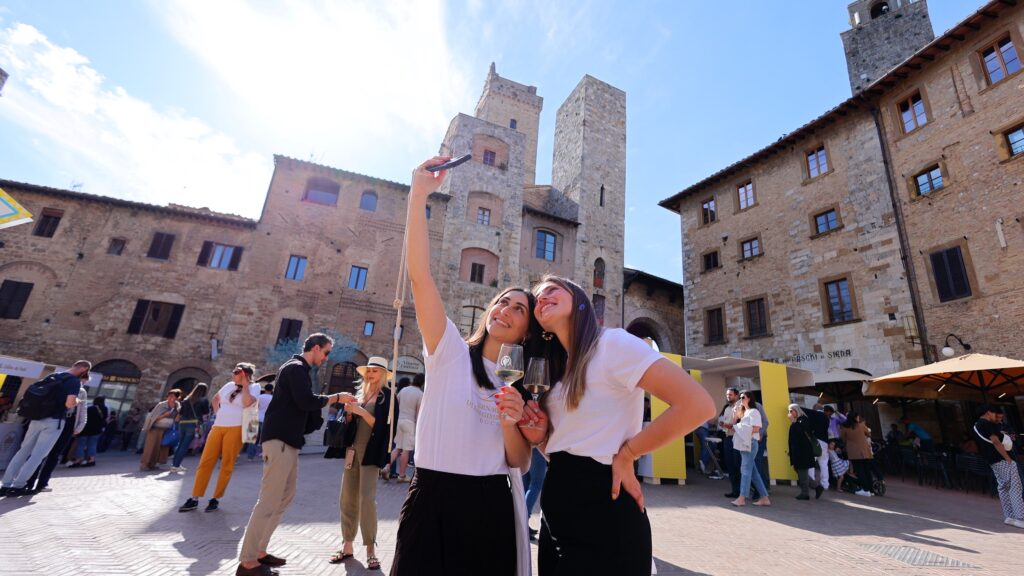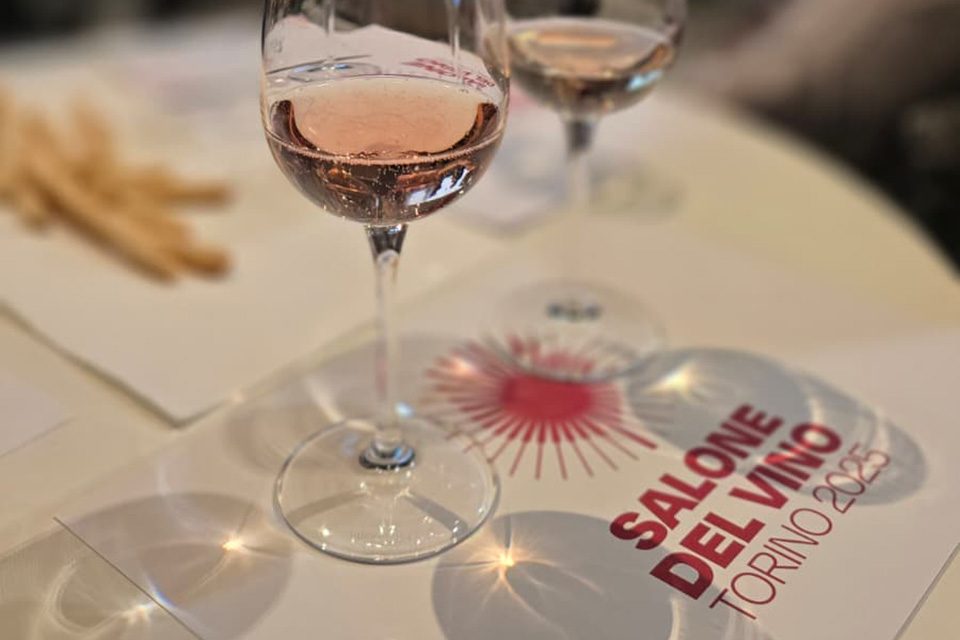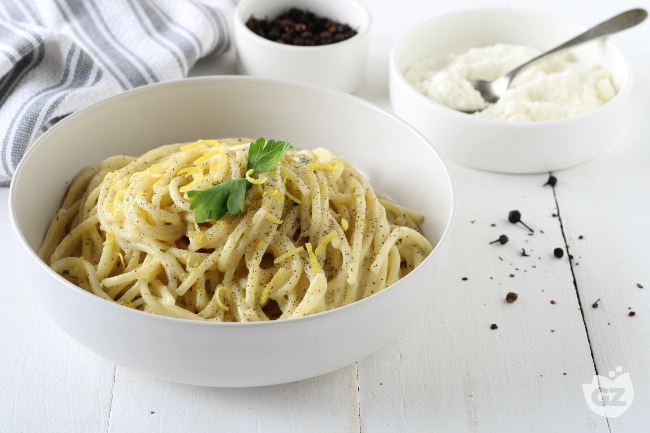Awareness of the scenarios imposed by climate change, centrality of scientific research, sharing of knowledge, adaptability, all -round sustainability and pioneering spirit: these are some of the themes that emerged during the conference search of balance – the challenges of contemporary viticulture, presented by the Consortium Protection Vini Berici and Vicenza last Thursday 8 May 2025 at the “La Vite” International Library of Vicenza. An -depth analysis of the impact of the climatic transformations the vineyard with evidence of scientific research and practical applications to be adopted the field.
The protagonists of the simposio were Giovanni Battista Tornielli, professor of the University of Padua, Ermanno Murari, head of the technical ambiente of Vivai Cooperativi Rauscedo, and Giovanni Ponchia, director of the Consortium Protection Wines Colli Berici and Vicenza. The journalist, agronoma and scientific director of MiliVigne Alessandra Biondi Bartolini moderated the conference moderated.
“Giving space to a significant comparison between science and technique, between theory and practice, to offer our members concrete tools and clear guidelines to be able to apply the vineyard – said Silvio Dani, president of the Consortium Protection Vini Berici and Vicenza wines – this is the that we have pursued by organizing a conference with important experts the scientific sector, six articles and agronomic. Only through the pratica and shared experimentation can we luce the climatic challenges. With vision, pragmatism and responsibility “.
The simposio offered an integrated approach between technique and practice, while raising broader reflections the future prospects of viticulture. We discussed the need for a forward -looking and a vision aperto to innovation, based a profound observation, experience and dialogue with producers. The need for greater flexibility the disciplines emerged to allow more svelto and timely solutions to the difficulties generated by the climate. Among the values recalled also courage, creativity and curiosity the introduction of new techniques based study and research.
Per this context, Giovanni Battista Tornielli has offered an overview of the main agronomic and environmental problems, focusing both short -term interventions such as the management of soil and hair the vineyard, and more structural long -term strategies, which include the choice of portinnest and variety, the repositioning of crops and the use of techniques for genetic improvement. He also highlighted the important role of advanced technologies to monitor tazza logorio and quality of production. Ermanno Murari, starting from the soils of the Berici hills and illustrating concrete examples adopted Veneto, has deepened the use of resistant varieties and new generation, M series, developed portinesti, developed to luce specific critical issues such as drought, active limestone, salinity and asphyxiated soils.
Among the concrete responses to the climatic challenges and the enhancement of the territory there are also the recent initiatives of the Consortium, presented during the conference by the director Giovanni Ponchia. “With a view to greater productive adaptability – explained the director – we are requesting an update of the specification to allow the use of the bersò breeding system for all the admitted varieties, while for the white and red hop wines we ask for greater freedom the ampelographic composition”.
The attention of the consortium also focuses key aspects such as the management of tazza logorio and the protection of local biodiversity. Per this regard, a catalog field has been established Lonigo, where ancient native varieties such as Denela, Leonicena, Gambugliana, Liseiret, Pomella, Cenrente and Red Burgan are cultivated, selected for their ability to adapt to new environmental conditions.































